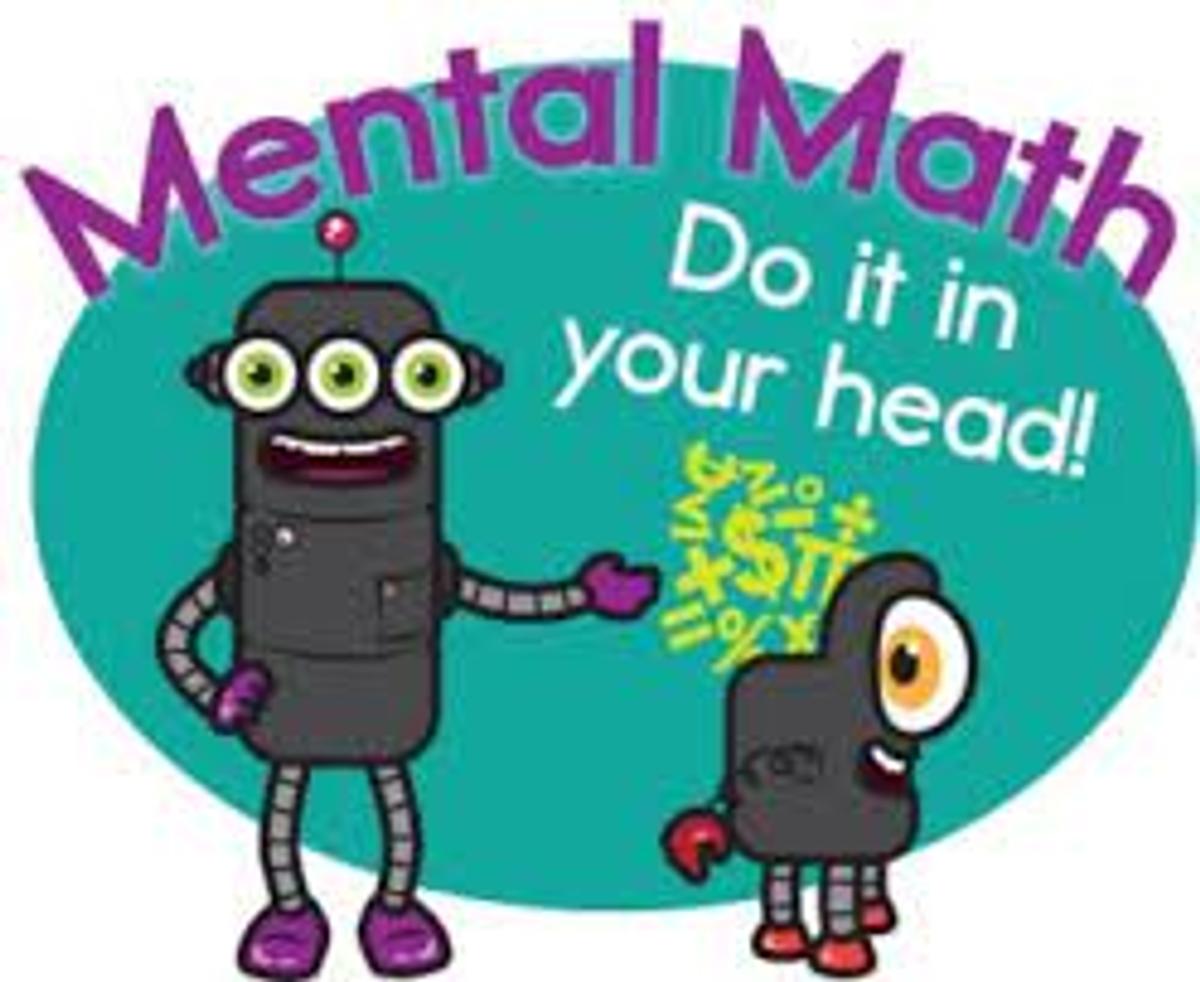Learning and Teaching

Science of Reading
Evidence identifies that there are specific sub-skills that are essential when learning to read. These include:
- Phonemic Awareness: the ability to identify and manipulate the individual speech sounds in words called phonemes.
- Phonics: knowledge of the relationships between letters and sounds, and the ability to use letter-sound relationships to decode words.
- Fluency: the ability to read accurately, quickly, and expressively. Fluent readers can focus on reading for meaning.
- Vocabulary: knowledge of the meaning of words in isolation and in context. Comprehension: the ability to extract and construct meaning from written text.
In recent newsletters, we have explicitly covered Phonemic Awareness and Phonics. Therefore, our next area of focus is Fluency! The order is deliberate as the reader needs to have developed the skills of phonological awareness and phonics to develop into a fluent reader.
Fluency is made up of three core components:
- Accuracy: the reading of words correctly.
- Rate: the speed of word identification. It is usually recorded as words read per minute.
- Prosody: the sound of the reading. This can be explained as the expression used when reading.
Fluent reading acts as a bridge between automatic word reading and comprehension. It is the link between reading words quickly and effortlessly, and understanding and comprehending text.
In order to help at home, ensure reading happens on a regular basis. Consider rhymes, poems, scripts or even jokes to assist with fluency. Recording yourself and playing it back is another strategy too!
Mrs Olivia Hodgetts
Deputy Principal
Yay!!!
It’s almost time for our 2024 Scholastic BOOK FAIR!
DATE: Tuesday 29/10 – Friday 1/11
TIME: Tuesday – Thursday: 8.30am – 9.00am & 3.25pm – 4.00pm
Grandparent's Day Friday 8.30am - 10.40am
PLACE: Visual Arts Room
This is a great opportunity to add to your home library, start some Christmas shopping OR donate your purchase to the St Mary’s school library.
Last year’s Book Fair was a great success and we look forward to seeing you at the Book Fair again this year.
GRANDPARENTS, we look forward to seeing many of you on November 1.
The SMAV Team
The Importance of Mental Computation In Maths
“The importance of teaching the skills and strategies associated with mental computation has become particularly apparent over the past 15 years. Considerable research has been conducted into this area and educators and governments alike now acknowledge the important place it holds in the Australian Mathematics curriculum. In order for students to be properly prepared for the mathematical demands of life, school and work they must be assisted to be proficient users of mental computation. Primary Schools must take a whole school approach to introducing and developing these skills so mental computation becomes not just a ‘school skill’ but a ‘life skill’.”
(Professor Angela Rogers)
At St. Mary’s we value the importance of mental computation and we focus on building the students’ competence with a variety of mental strategies starting in Foundation. The formal written algorithms are not a focus until the end of Year 3 or even Year 4. What you as parents remember about Maths lessons and strategies looks quite different in primary classrooms now.
Why Mental Over Written?
Helps with real-world estimates
We rely on a range of mental computation strategies every day. Here are some real-world situations that will require students to use mental computation all through their lives:
- assessing the value of a ‘buy two get one free’ offer in the supermarket
- working out the value of a percentage discount in a clothing store
- estimating how much change we expect to receive when we buy something from the local store
- double-checking an itemised cafe bill has been tallied correctly
- identifying an input error on a calculator when working through a complex maths problem.
When we’re proficient in mental computation, we automatically use the best strategy for the situation with little effort – saving us time and, if we’re lucky, money!
Promotes brain plasticity
When it comes to improving physical fitness, personal trainers love to tell us to ‘use it or lose it’. Our brains also have an amazing capacity to change and grow when regularly challenged with activities such as mental computation tasks.
Mental computation requires students to quickly and efficiently recall a range of strategies and then select the best one for the problem at hand. Every new strategy learned and problem solved encourages brain plasticity – that is, increased brain-cell activity and the creation of new pathways.
Fosters fluency
Studies show being fluent in mental computation is like being fluent in another language1. When we speak a foreign language fluently and no longer need to look up most words in the dictionary, conversations become fun and more meaningful.
Becoming fluent in mental computation is no different. Mental computation strategies form the building blocks to fluency in more complex maths. When we’re no longer struggling to calculate each small part of a large maths problem, complex maths also becomes more meaningful and (dare we say it?) fun.
Increases confidence
Reaching a level of mental computation fluency where students aren’t jotting down or stumbling over simple calculations can be a real confidence boost. Confidence is self-perpetuating, so as students gain confidence in their maths ability, they’ll become more fluent, faster and more accurate. (fireflyeducation.com.au)
Nicola Toney – Maths Leader F-6

